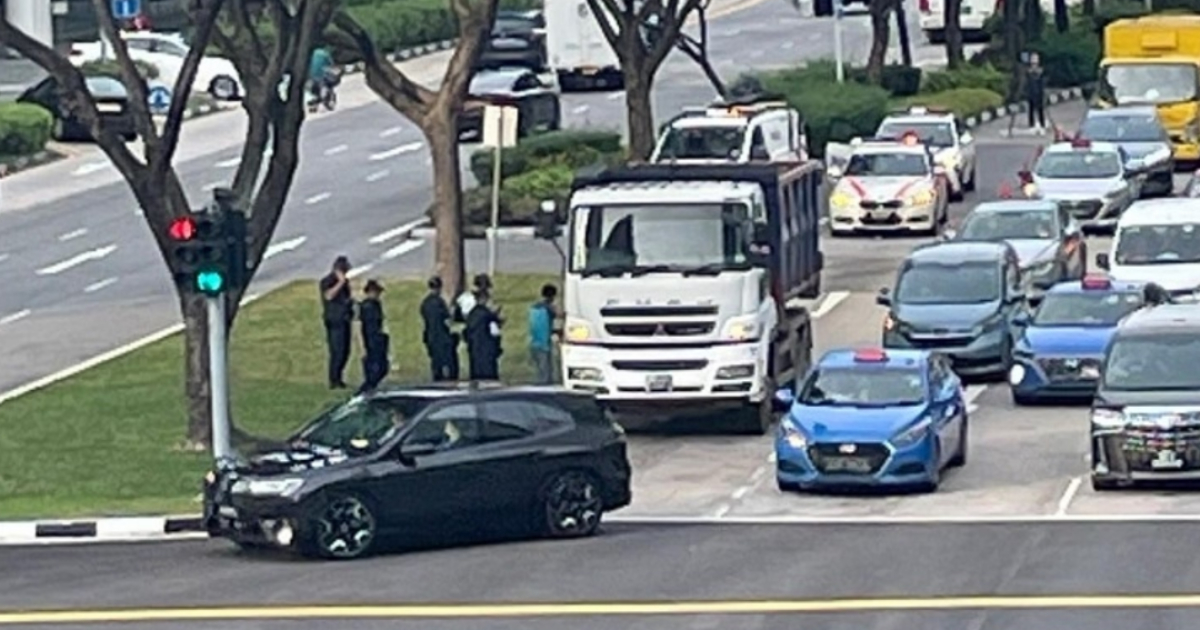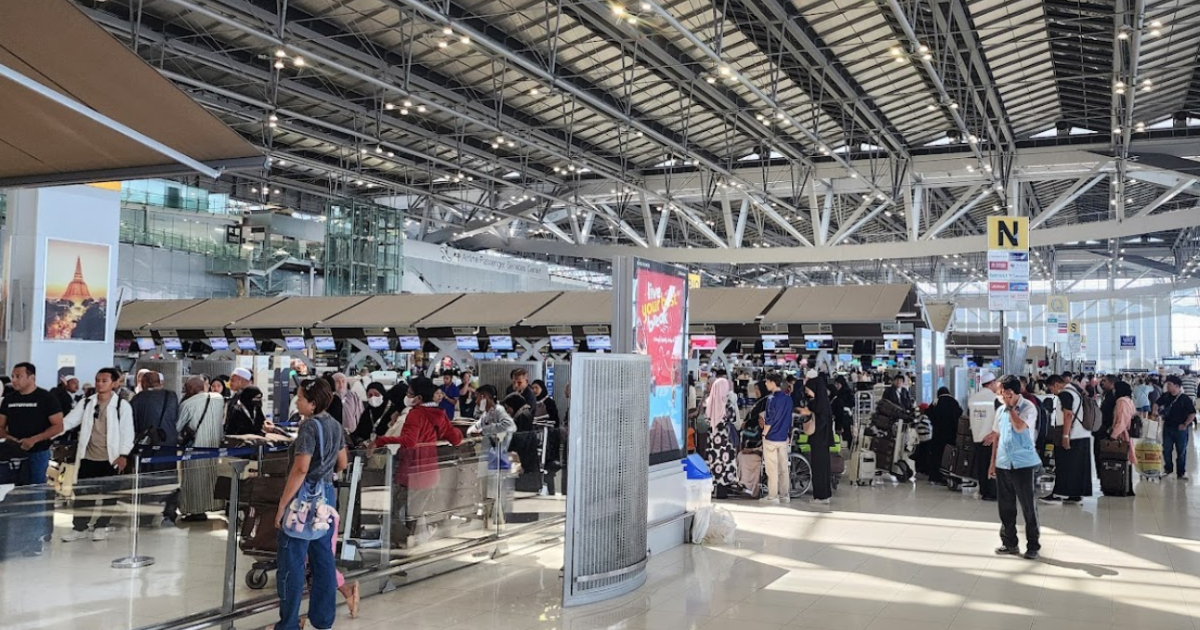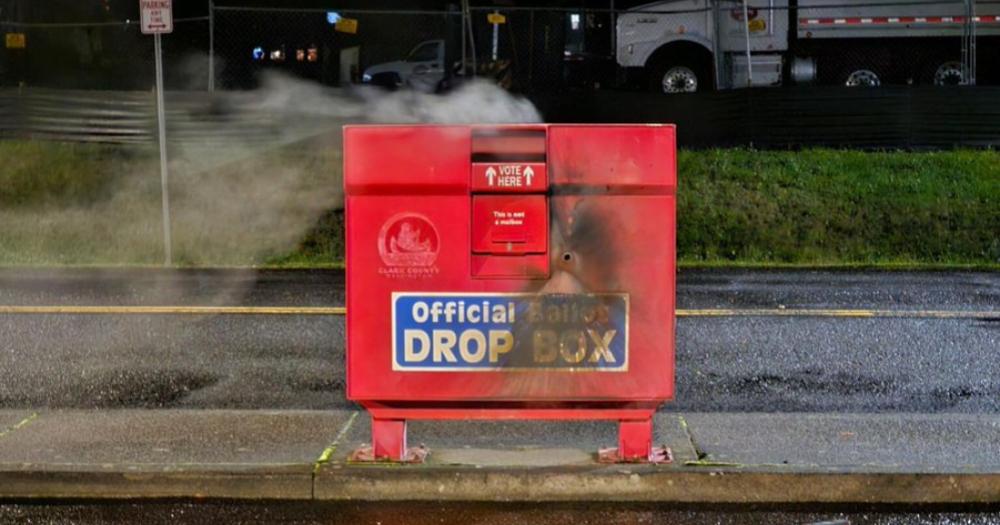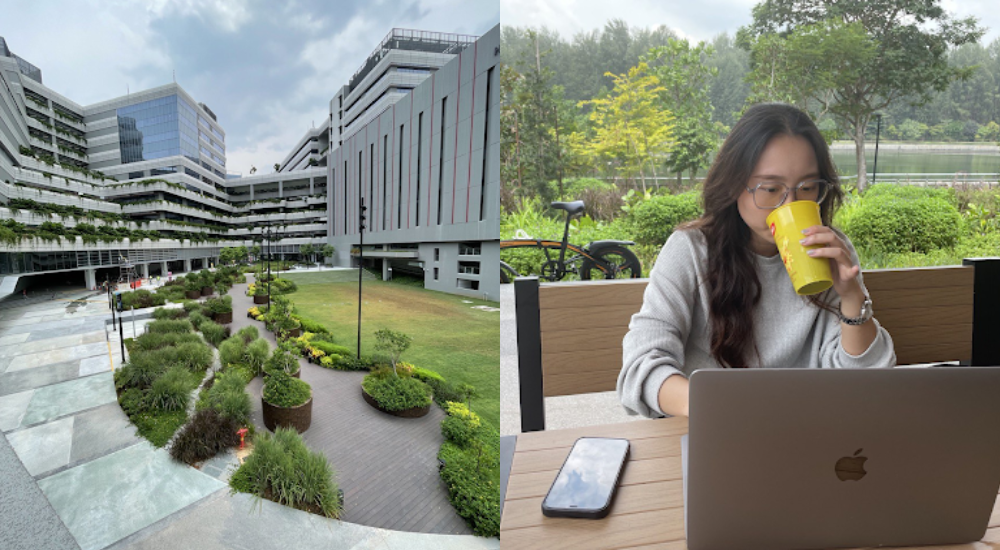Comment: Duelling views of China & US engagement in Southeast Asia show rivalry as the 'new normal'
How will the U.S. presidential election affect Singapore and the region? Two Singaporean thinkers share their thoughts.

The 2024 United States presidential election is less than two weeks away.
While it can be entertaining to get caught up in the pageantry and rhetoric, what the result means for Singapore is more ambiguous than many are comfortable with.
In recent months, two different Singaporean thinkers expressed their thoughts on what the U.S.’s position and future in the region might be, one warning of a waning global power, and the other refuting this, saying the U.S. is simply pragmatic about its level of engagement in Southeast Asia.
We contrast these opinions with each other, and what it means for both Southeast Asia and Singapore.
The bad news first
If you hoped that the past decade of heightening global rivalries and their associated conflicts will pass, then neither Lynn Kuok, the Lee Kuan Yew Chair in Southeast Asia Studies at the Brookings Institution, nor former Singapore Foreign Affairs Permanent Secretary Bilahari Kausikan will encourage that line of thought.
In September 2024, Kuok penned an article for Foreign Affairs magazine, whose contents were well summed up by its title: America is losing Southeast Asia, why U.S. allies in the region are turning towards China.
Choosing
Kuok illustrated her point using the ISEAS Yusof Ishak Institute’s survey of elite opinion in Southeast Asia; academics, policy makers, and those considered influential in Southeast Asian thinking on global affairs.
She said it provides a good sense of the trajectory of perceptions in the region, even if there were some “quibbles with fine details”.
Respondents were asked: If Asean were forced to align itself with one of the strategic rivals, the U.S. or China, which should it choose?
This is a perennial question for Southeast Asia and one that Bilahari would later say that Southeast Asian leaders do not like answering.
Respondents picked China over the U.S. by 50.5 per cent to 49.5 per cent, the first time this had happened since the question was first asked in 2020.
Kuok attributes this loss of support to certain U.S. actions, such as its ongoing support for Israel in the Gaza war having an impact in the Muslim-majority nations of Malaysia, Indonesia, and Brunei.
Economics is security
But Kuok also said that China has become more engaged in the region.
For example, China received U.S. Secretary of Defense Lloyd Austin in 2023, and was considering expanding defence ties.
But China was already extremely active in the country, reportedly leasing one of Cambodia‘s premier naval bases, as well as being prominent in investment through programs such as its Belt and Road Initiative.
China was simply doing more in Southeast Asia, and that increased engagement had bred familiarity and a certain sense of alignment, Kuok argued.
Kuok contrasted this with U.S. policy in the region, which she said was considered “nakedly self-interested”.
The U.S. risked perceptions that it was overlooking the region in its approach to foreign policy, even though Southeast Asian countries were still willing, and in some cases, eager to continue and expand engagement.
She also said that the U.S. had to “enhance economic outreach” in the region, because for the region, “economics is security”.
The new new normal
However, Bilahari disagreed with Kuok’s assessment in a speech given on Oct. 15 at Harvard University's Asia Centre.
While lauding Kuok in general, he said that in this particular article, she had put too much emphasis on a single question in the ISEAS survey.
Thin margins and trust
Diving deeper into the various questions of the survey, Bilahari said that while China was preferred over the U.S., the margin was very thin.
While the surveys reflect that China is recognised as very influential in the region, it does not score as well on the trust metric.
Bilahari pointed out that 80 per cent of those surveyed believed that the U.S. would do the “right thing” to contribute to global peace, security, prosperity and governance, while China on the other hand only received 24.8 per cent, revealing a trust deficit between the two.
That deficit means the U.S. is not only still relevant in Southeast Asia, but also the region’s nations seek to invite it to participate further.
So while in answering a hypothetical question, they might choose China, in reality, they were also seeking more alignment with the U.S., highlighting the gulf between rhetoric and action.
Polite transactions
Bilahari further emphasised that Southeast Asia is not a "blank space" upon which other powers to project their own wishes and goals. The countries here have their own agency and ideas about global order.
Agency was the main point that Bilahari wished to emphasise in his subsequent social media post of Oct. 21, when he wrote about what American presidential elections might mean for Singapore and Asia.
Fundamentally, he believes that the differences between Donald Trump and Kamala Harris, and by extension Joe Biden, are overstated.
This was particularly true for foreign relations, where he said both Trump and Biden were self-interested in the U.S.’s favour, inadvertently aligning himself with one of Kuok’s points in her article.
Noting the differences between Trump and Biden, Trump he said, had a better instinctive understanding of American hard power, Biden, however, was more consultative; but both were clearly prioritising the U.S. own agenda.
Trump was transactional, while Biden was "politely transactional", Bilahari said.
Find the going tougher
Bilahari is also not overly concerned by Trump‘s threats of tariffs, saying the threat of 60 per cent tariffs on imports from China and 10 to 20 per cent tariffs on all other imports were likely “hyperbolic”, although some tariffs should be expected.
The world economy, which he said was fragile, would slow but "would not collapse".
It would be tougher for Chinese companies setting up in Southeast Asia to mask their origin, especially those who sought to “Singapore-wash” themselves.
"Singapore-washing" is the process by which foreign companies essentially pose as Singaporean companies in order to evade U.S. scrutiny.
Project 2025
It should be pointed out that despite Bilahari's assumptions, there is a question as to how closely a second Trump administration will resemble the first.
The first Trump administration could be just as well characterised by its chaos as much as its abrasive nature, but early indicators show a second that Trump administration would dial down the chaos and ramp up the abrasion.
Documents such as Project 2025, created by the right-wing Heritage Foundation, indicate that not only have conservative elements of the U.S. establishment consolidated themselves behind Trump, they have plans for all manner of policies, including foreign policy.
Project 2025 indicates that a second Trump administration will be more nationalist, isolationist, and far less multilateral.
For what it's worth, Trump has attempted to distance himself from Project 2025, but many of its architects hail from the first Trump Administration and Trump's team has been briefed about it by officials from the Heritage Foundation.
Bilahari does not address this directly but said that globalisation cannot be reversed, although it can be more patchy.
Adapting to chaos
But Bilahri’s most important point was that the current mood of international conflict and chaos was not an aberration, it was the normal.
The post-Cold War era of order and relative calm with a unipolar hegemon was the aberration, and Singaporeans and Asians would do well to adapt to it.
The rivalry between major powers, and the conflict and threat of conflict that it inured was the inherent characteristic of international relations between sovereign states.
In other words, prepare for more chaos, not less.
Singapore, he said, had survived and prospered under far worse conditions with far fewer capabilities.
What had been done before was achievable again if Singaporeans could “keep our heads and pull together”.
"The key challenges we face are domestic not international.
The U.S. election is important for everyone, but even more important is maintaining faith in our own agency and our social cohesion."
MORE STORIES





















